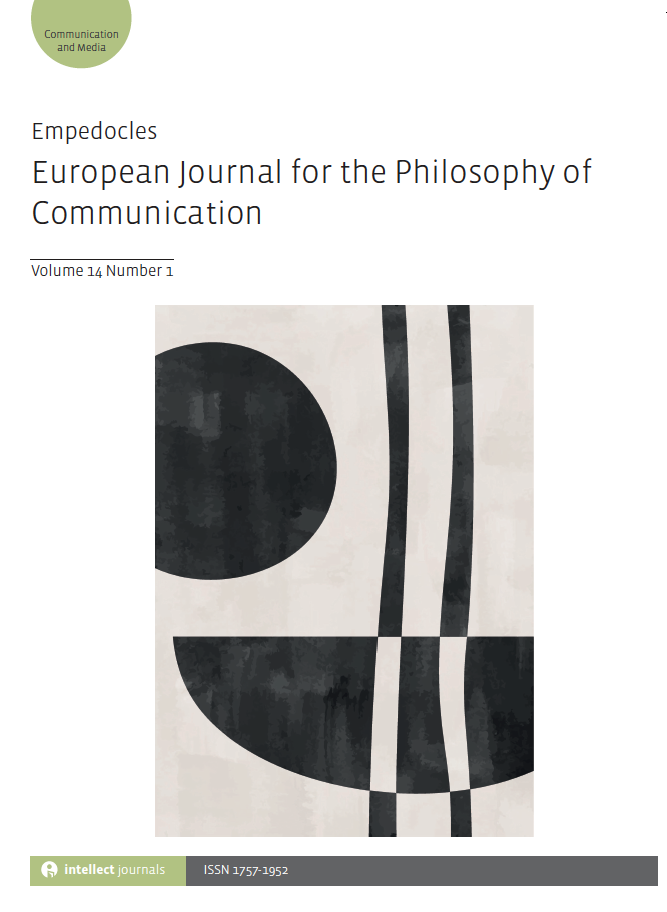
Full text loading...

In this article I discuss T. Wartenberg’s claim that the film The Act of Killing, which has as protagonists and quasi co-authors perpetrators of the 1965–66 Indonesian massacre, ‘confirms’ and ‘supplements’ Arendt’s ‘banality of evil’ thesis. I argue for a more moderate version of the first part of this claim and expand upon the second. Thus, I suggest that the film gives us clues to articulate Arendt’s thesis with theories of alienation, hence also with Marxist theorizing. Central here is the idea that deficient sensibility, which, according to Wartenberg’s claim, supplements Arendt’s idea of ‘thoughtlessness’, is related to an alienating process within which cinema plays a prominent role. Thus, my argument revolves around the premise that in the film the question of mass evil-doing is intertwined with positing its own medium as an object of reflection, revealing cinema as carrying a contradictory potential. The critical upholding of Arendt’s thesis that the film enables also concerns the relationship of ‘banality’ to ideological motivation, a rather problematic issue in Arendt’s thesis. The film, I argue, suggests that ‘banality’ does not necessarily exclude ideological zealotry.

Article metrics loading...

Full text loading...
References


Publication Date:
https://doi.org/10.1386/ejpc_00046_1 Published content will be available immediately after check-out or when it is released in case of a pre-order. Please make sure to be logged in to see all available purchase options.